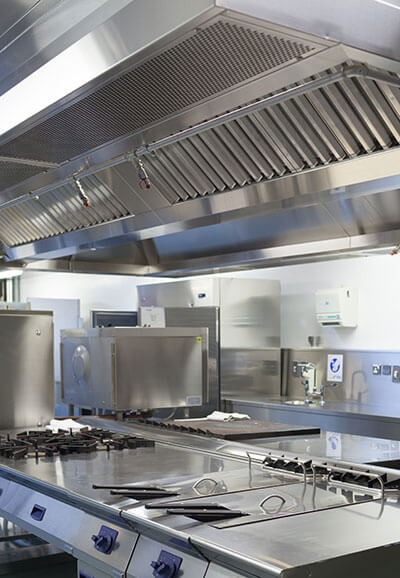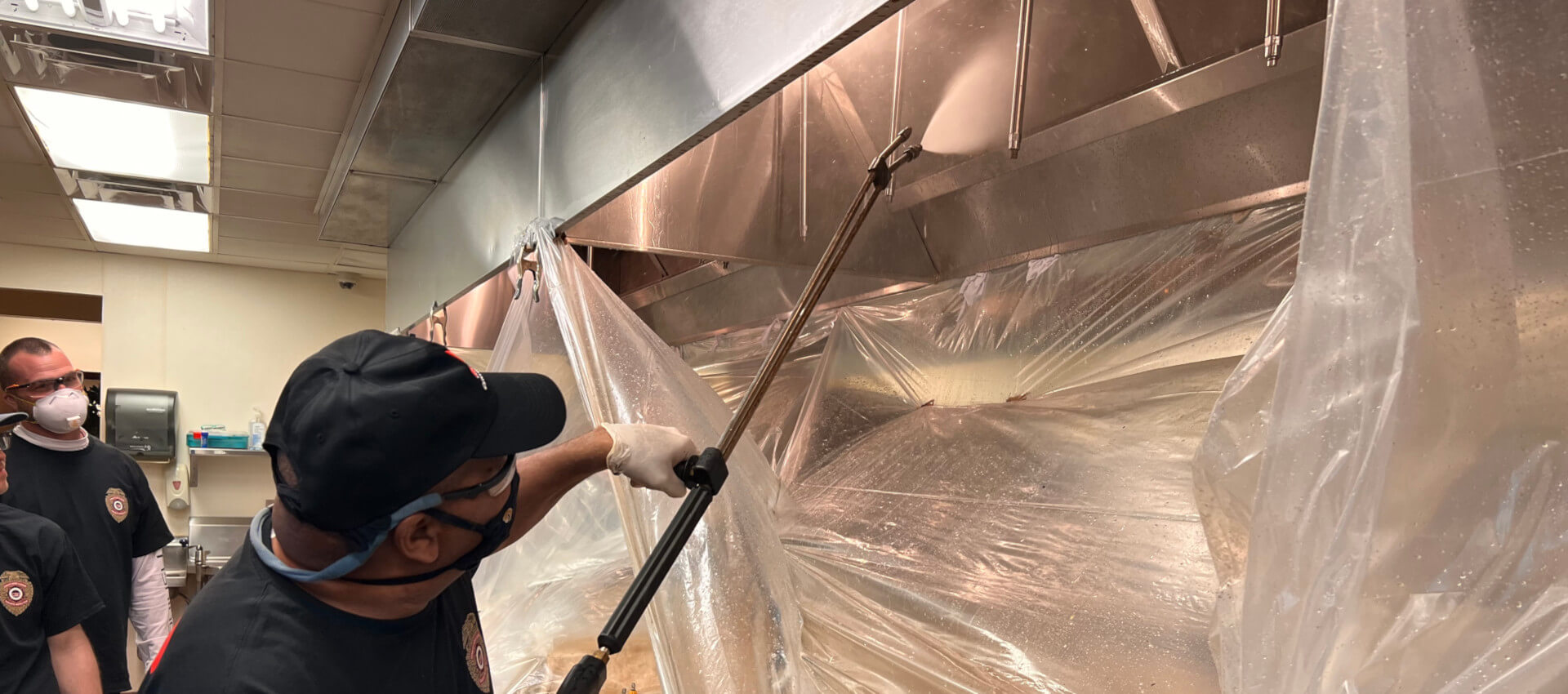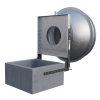
The Essential Guide to Hood Cleaning: Why It’s Crucial for Your Commercial Kitchen
A commercial kitchen is a bustling place where delicious meals are prepared, and satisfied customers leave with full stomachs and happy memories. However, behind the scenes of this culinary wonderland lies a critical element that ensures the safety, efficiency, and health of the kitchen: hood cleaning. In this essential guide, we will explain the importance of hood cleaning in maintaining a secure, efficient, and healthy kitchen environment.
What is Hood Cleaning?
Hood cleaning, also known as exhaust cleaning or kitchen exhaust system cleaning, is the process of removing grease, grime, and other contaminants that accumulate in a commercial kitchen’s exhaust system. This includes the hood, filters, ductwork, and exhaust fans. Over time, cooking generates grease-laden vapors that stick to these surfaces, creating a fire hazard and reducing the efficiency of the exhaust system.
Why is Hood Cleaning Crucial for Your Commercial Kitchen?
- Fire Prevention
One of the primary reasons hood cleaning is vital for a commercial kitchen is fire prevention. Grease buildup in the exhaust system is highly flammable and can be easily ignited by a spark or open flame from cooking equipment. According to the National Fire Protection Association (NFPA), about 64% of restaurant fires in the United States are caused by cooking equipment, with grease playing a significant role. Regular hood cleaning significantly reduces the risk of a catastrophic fire in your kitchen.
- Compliance with Local and National Regulations
Commercial kitchens are required to comply with fire and health codes, which include guidelines for hood cleaning. These regulations, such as the NFPA 96 Standard for Ventilation Control and Fire Protection of Commercial Cooking
Operations, specify how often hood cleaning should be performed based on the type of cooking equipment and the volume of cooking. Failure to comply with these regulations can result in fines, temporary closures, or even revocation of your business license.
- Improved Air Quality and Ventilation
A clean and well-maintained exhaust system ensures that the air quality in your commercial kitchen is optimal. Grease, smoke, and cooking odors can negatively affect the air quality, causing discomfort and potential health issues for your employees and customers. By removing grease and other contaminants from the hood and ductwork, you help maintain a cleaner and healthier environment.
- Increased Energy Efficiency
A clogged and dirty exhaust system can reduce the efficiency of your kitchen’s ventilation system. The buildup of grease and debris may force the exhaust fan to work harder to expel smoke, steam, and odors, resulting in higher energy consumption and increased utility costs. Regular hood cleaning helps maintain the efficiency of your exhaust system, saving you money on energy bills.
- Prolonged Equipment Life
Regular hood cleaning can extend the lifespan of your exhaust system components, including the fan, filters, and ductwork. Grease buildup can cause excess strain on the fan motor, leading to premature failure or costly repairs. By keeping the system clean, you can prevent premature wear and tear on your equipment, saving you money in the long run.
- Maintaining a Professional Appearance
A clean and well-maintained kitchen not only reflects well on your business, but it also sets a high standard for your employees. A dirty and greasy hood can be an eyesore, lowering staff morale and potentially affecting the quality of the food being prepared. Regular hood cleaning ensures that your kitchen maintains a professional appearance, promoting a positive work environment and encouraging your team to take pride in their workspace.
How Often Should Hood Cleaning Be Performed?
The frequency of hood cleaning depends on the type of cooking equipment used, the volume of cooking, and the regulations set forth by the NFPA 96 and local authorities. Here’s a general guideline based on the type of cooking:
- High-volume cooking (e.g., 24-hour diners, fast-food restaurants, and charbroiling): Monthly cleaning
- Moderate-volume cooking (e.g., casual dining, hotel kitchens, and cafeteria-style facilities): Quarterly cleaning
- Low-volume cooking (e.g., churches, senior centers, and seasonal operations): Semi-annual cleaning
- Light-volume cooking (e.g., day camps, seasonal businesses, and snack bars): Annual cleaning
It’s essential to consult with a professional hood cleaning company to determine the appropriate cleaning schedule for your specific kitchen and to ensure compliance with local regulations.
The Hood Cleaning Process
A thorough hood cleaning process typically involves the following steps:
- Preparing the workspace: The hood cleaning technicians will cover all cooking equipment, countertops, and surrounding areas with plastic sheeting to protect them from grease and cleaning solutions.
- Removing filters and fan: Filters are removed and soaked in a degreasing solution. The exhaust fan may also be disassembled for thorough cleaning.
- Scraping and degreasing: Technicians will use specialized tools to scrape and remove grease buildup from the hood, ductwork, and fan blades. A hot water pressure washer and a powerful degreasing solution are then used to remove remaining grease and grime.
- Rinsing and polishing: After cleaning, the hood, ductwork, and fan are rinsed and polished to restore their appearance.
- Reassembling and testing: The filters and fan are reinstalled, and the entire system is tested to ensure proper operation.
- Documentation: The hood cleaning company will provide documentation of the cleaning, including before and after photos, to demonstrate compliance with regulations.
Conclusion
Regular hood cleaning is a crucial aspect of maintaining a safe, efficient, and healthy commercial kitchen environment. By preventing fires, complying with regulations, improving air quality and ventilation, increasing energy efficiency, prolonging equipment life, and maintaining a professional appearance, you can ensure your kitchen runs smoothly and your business thrives. Schedule regular hood cleaning with a professional company to keep your commercial kitchen in top-notch condition.
If you are located in the Tampa Bay area and require hood cleaning services, look no further than Hood Cleaning Florida. Our team of experienced and certified technicians are dedicated to providing top-notch hood cleaning services that comply with all local and national regulations. We understand the importance of a clean and safe kitchen, and our commitment to quality and customer satisfaction sets us apart in the industry. Don’t take chances with your commercial kitchen’s safety and efficiency – contact Hood Cleaning Florida today and let us handle all your hood cleaning needs.



